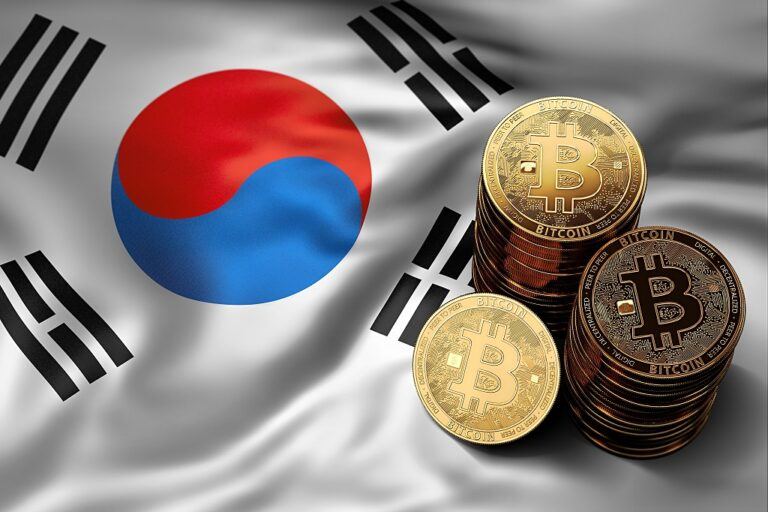South Korea’s government has reportedly decided not to lift its ban on initial coin offerings (ICOs) – presumably due to the lack of a well-defined regulatory framework for digital assets.
On February 1st (Friday), the South Korean virtual currency task force of the Office for Government Policy Coordination published a detailed report on the global ICO market. According to the newly released report, South Korean authorities have classified the ICO fundraising model as a high-risk investment. Due to the large number of scams carried out through ICO campaigns and also due to the high volatility of crypto tokens, South Korea’s government will maintain its ban on the controversial crowdfunding method.
At present, South Korea’s residents are allowed to participate in ICO-based fundraisers conducted outside of the East Asian country. In the past year, there have been several reports of crypto-related firms registering their companies abroad and then launching token sales in South Korea.
22 Different Investigations Launched
Several ICO startups have reportedly established business entities in Japan and Switzerland, in order to bypass restrictions placed by South Korean regulators. These startups have also targeted South Korean investors by promoting their fundraisers in the high-income economy that notably has a very high human development index (HDI).
In the latest report, South Korean authorities have stated that local firms may have to adhere to local regulatory guidelines even if they registered their ICOs in other jurisdictions. Notably, South Korea’s Office for Government Policy Coordination revealed that at least 22 local companies have registered crypto token sales outside of the nation. Investigating the matter, the country’s regulators have contacted the 22 firms and have received a response from 13.
According to South Korea’s authorities, local companies have managed to raise an average of $30 million through ICOs which were registered abroad. Significantly, Korean regulators have estimated that local startups may have earned around $500 million (in total) from token sales during the second half of 2017.
Lack Of Transparency
Acknowledging that it’s difficult to accurately determine the amount of funds raised via ICOs, the South Korean virtual currency task force noted:
Even though these firms raised tens of millions of dollars from ICO, the majority of the companies failed to transparently disclose how the funds were used and refused to cooperate with the government.
Currently, regulators in South Korea are investigating several crypto-related financial crimes including one involving former executives working at crypto exchange, Upbit. Former employees of Korea-based digital asset exchange Komid were also recently charged with “fraud, embezzlement, and misconduct” as they had allegedly “orchestrated fraudulent trading volumes” on the crypto trading platform.









